Where hope learns to see: Ek Kadam Aur brings children with blindness from isolation to inclusion
Established in 2015, Ek Kadam Aur Foundation (EKA) is a nonprofit organization registered in both the United States and India.
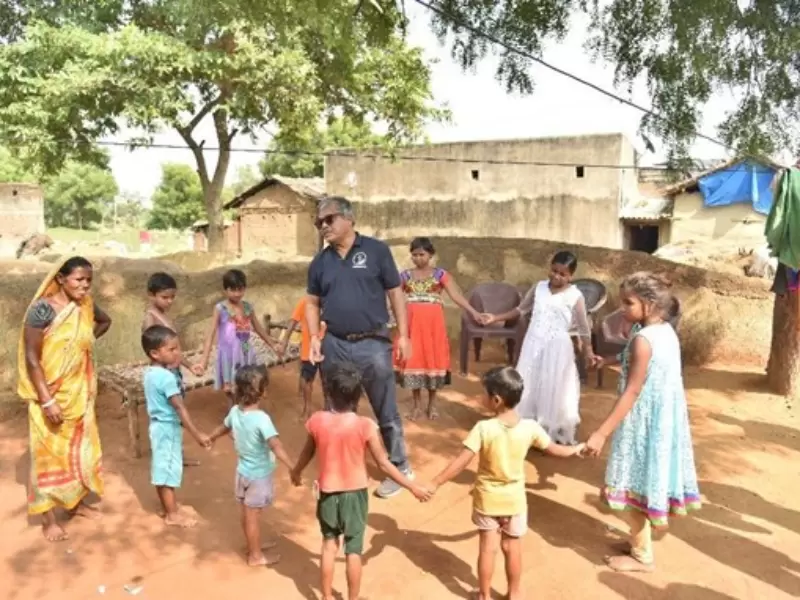 Established in 2015, Ek Kadam Aur Foundation (EKA) is a nonprofit organization registered in both the United States and India / Courtesy: Pradeep Agrawal
Established in 2015, Ek Kadam Aur Foundation (EKA) is a nonprofit organization registered in both the United States and India / Courtesy: Pradeep Agrawal
“I want to go to school like other children… to stand on my own feet.” These words come from a 10-year-old boy in rural India, completely blind and born into poverty; his words carry both the weight of exclusion and the quiet defiance of hope.
For more than 288,000 blind children in India, the doors to education remain closed because they lack access. Blind children in rural areas often face isolation, dependency, and exclusion due to poverty and lack of infrastructure.
Established in 2015, 'Ek Kadam Aur' Foundation (EKA) is a nonprofit organization registered in both the United States (501(c)(3)) and India (under Section 80G). With a bold, clear mission to ensure that blindness does not determine a child’s destiny, this nonprofit organization has built a growing movement across India to bring visually impaired children out of the shadows and into the classroom, the community, and the future.
Satish Tripathi, the founder of 'Ek Kadam Aur,' is based in the Chicago area and spends significant time in India working for 'Ek Kadam Aur' Foundation. My association with Satish Tripathi began 28 years ago when he spent two years (1987-1989) in Atlanta at Emory University.
At the heart of this effort is ‘Arunodaya,’ which means ‘sunrise’ (in Sanskrit). It’s more than a program; it’s a philosophy of dignity-driven inclusion for children with blindness between the ages of 5 and 17. EKA offers an individualized, home-based, and tech-enabled learning model that begins where each child is, often in a remote village, in a home with no access to specialized services, and with parents unsure how to support their child’s development.
It starts by meeting children where they are, ‘literally’ at their homes. Trained mentors, many of whom are visually impaired themselves, travel to remote villages and urban slums, visiting blind children at home six days a week. With the help of a smartphone, a full keyboard, and a screen reader, these mentors teach the children how to use technology to learn, communicate, and navigate the world around them.
They start with the basics: how to recognize objects by touch, how to speak simple English words, and how to use TalkBack features on their phones to read and write. Over time, the children grow confident. They learn math. They read aloud. They begin to walk with purpose. And when they’re ready, EKA helps transition them into local mainstream schools, something many families never thought possible.
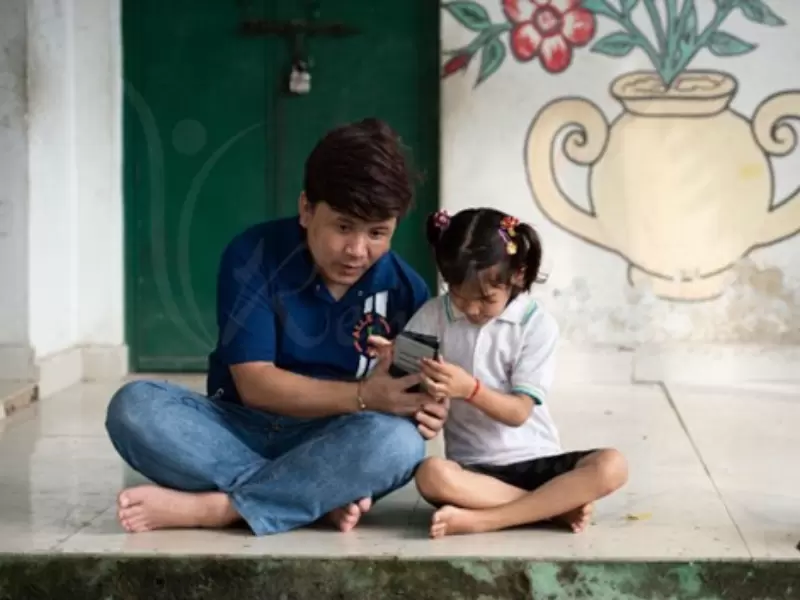 A volunteer helping a visually-impaired child / Courtesy: Pradeep Agrawal
A volunteer helping a visually-impaired child / Courtesy: Pradeep AgrawalBut it’s not just about academic inclusion. EKA also works with families to get government disability IDs, connects them to social welfare benefits, and trains teachers and school staff to create an inclusive environment. It’s a 360-degree approach - education, empowerment, and advocacy, all rolled into one.
Once a child is ready, EKA facilitates their integration into a nearby mainstream school. But the support doesn’t stop at the school gate. The organization works with teachers to create inclusive classrooms, trains peers in empathy and cooperation, and continues mentoring to ensure that children are not just enrolled but fully engaged.
Parents are guided through government paperwork to secure disability certificates and access welfare schemes, and entire communities begin to shift in their understanding of what blindness means and doesn’t mean.
To date, EKA has trained over 740 children in the Arunoday program. The program has graduated 188 children from Phase 2 of the program who are continuing their studies in mainstream and special studies schools.
It operates in eight states across India, from Maharashtra to Chhattisgarh to Andhra Pradesh, and employs over 200 teachers, including 25 who are blind themselves, becoming living testaments to what’s possible when ability is met with opportunity.
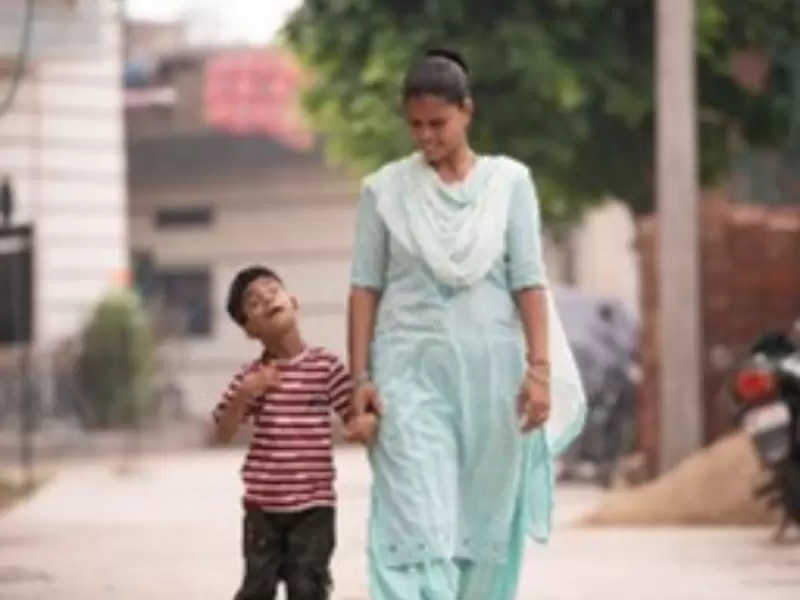 A volunteer helping an impaired child / Courtesy: Pradeep Agrawal
A volunteer helping an impaired child / Courtesy: Pradeep Agrawal
In Sept. 2024, the Foundation received the Best NGO in the Field of Education award at the Social Impact Conference in New Delhi, a recognition of both its innovation and its impact. But perhaps the most powerful validation comes from the families themselves.
As one mother put it, "We had lost hope. But when the mentor started coming to our home, and my son started reading and speaking using the phone… it was like seeing sunrise after years of darkness."
This is what Arunodaya truly is: the beginning of light, the turning point from marginalization to possibility.
For the Indian American community in the USA, EKA offers a tangible, transformative way to give back by sponsoring a child’s learning journey, supporting a blind mentor’s training, or funding accessible digital tools that bring the world into focus. It’s a model of change that is scalable, sustainable, and deeply human.
And in a world where the needs are great and the solutions often seem out of reach, Ek Kadam Aur reminds us of something profoundly important: that even the smallest step, taken with intention, compassion, and vision, can light the way toward a more inclusive future.
ADVERTISEMENT
ADVERTISEMENT
E Paper
Video




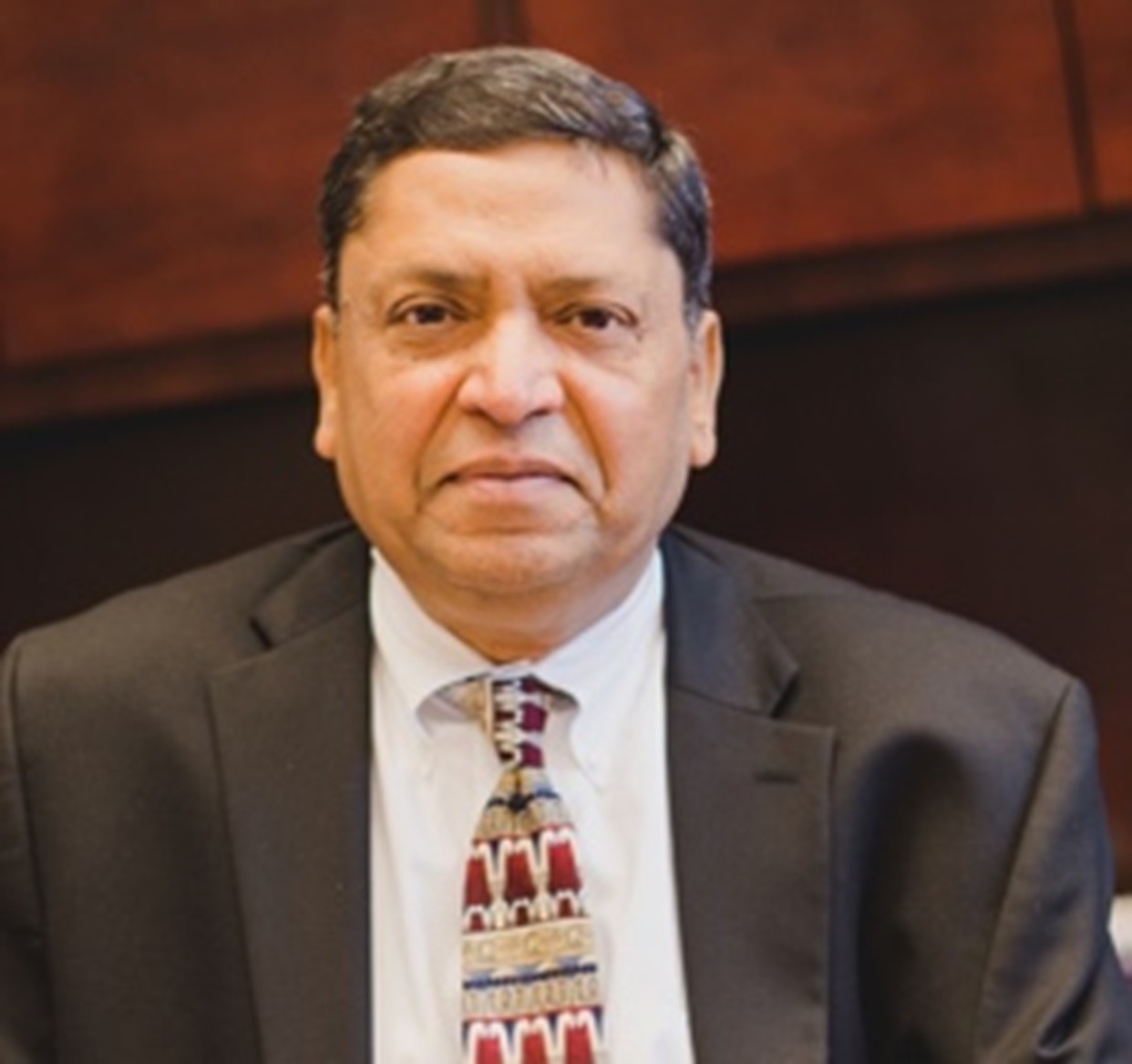 Pradeep Agrawal
Pradeep Agrawal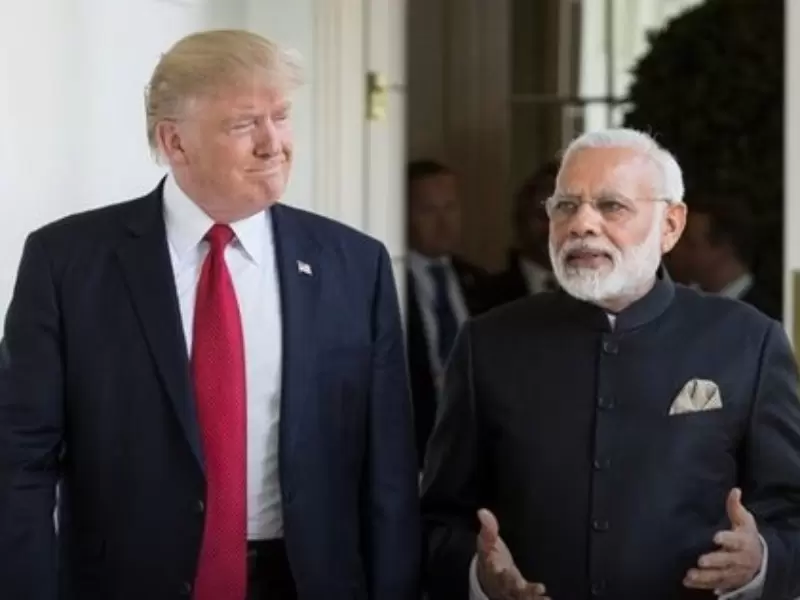
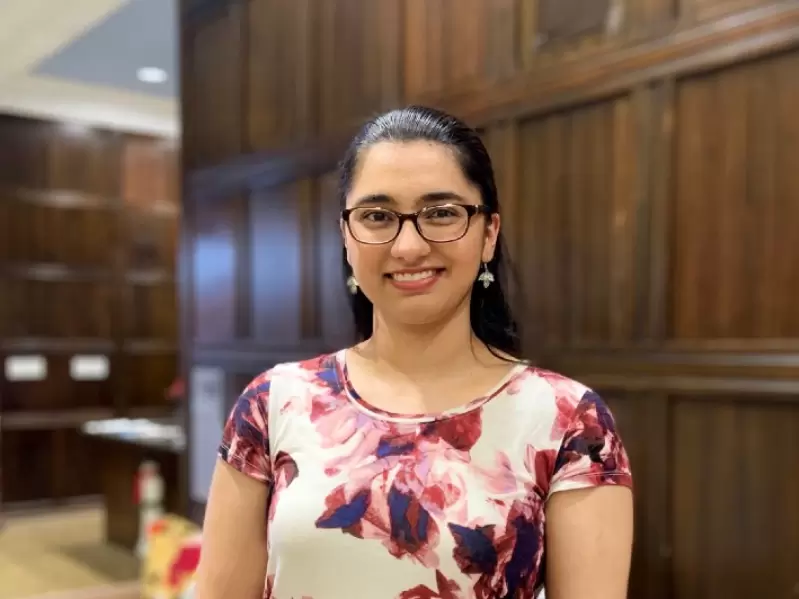
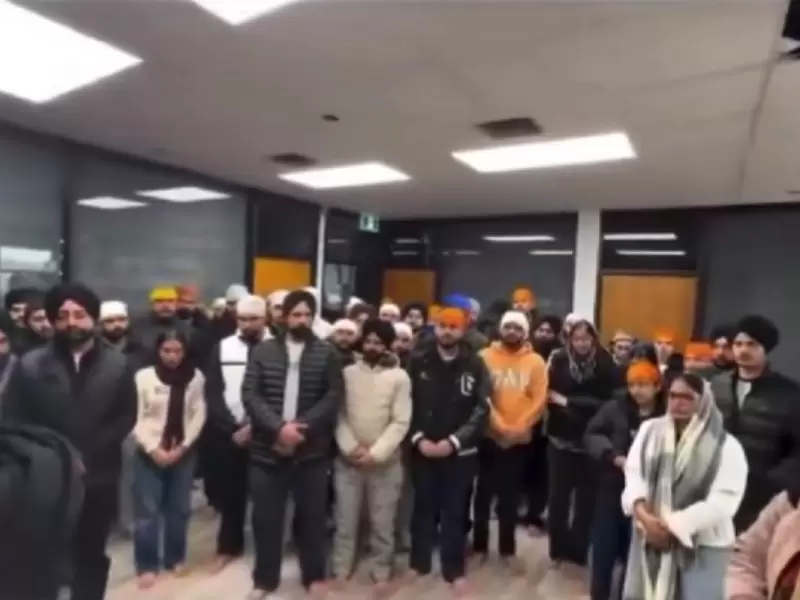

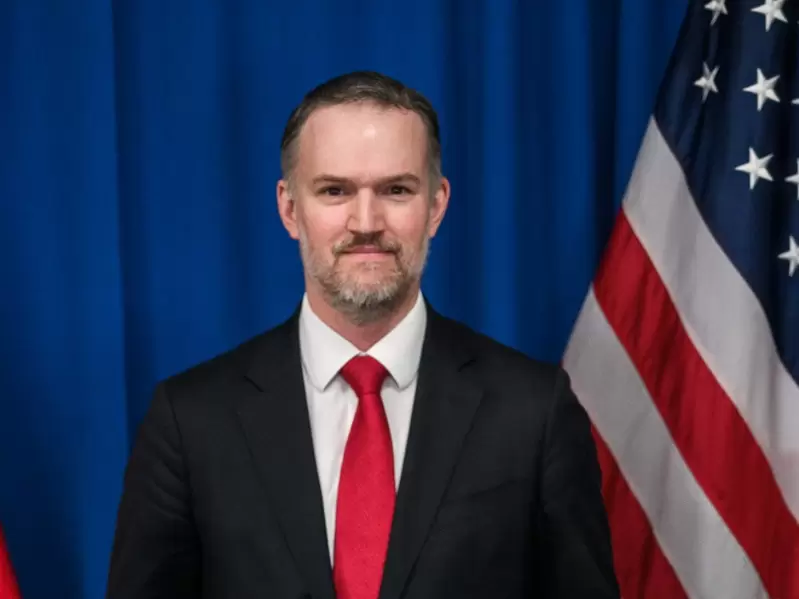
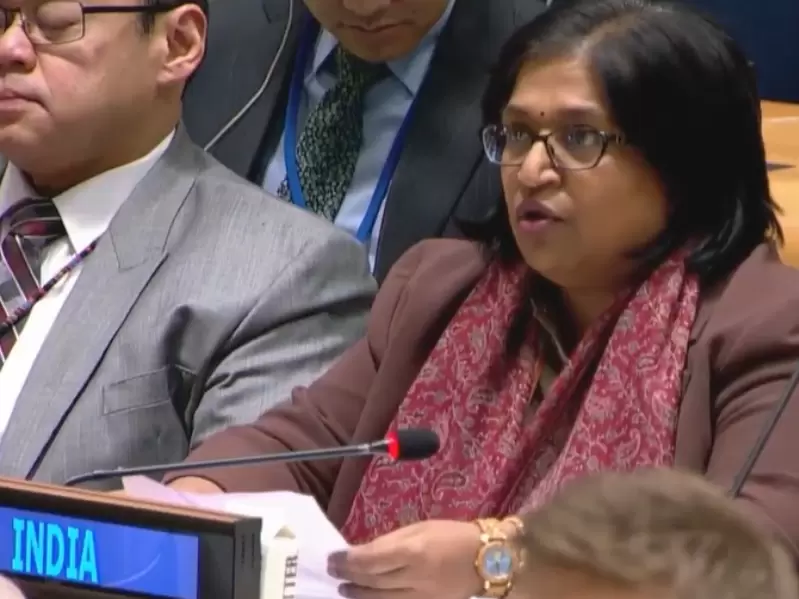
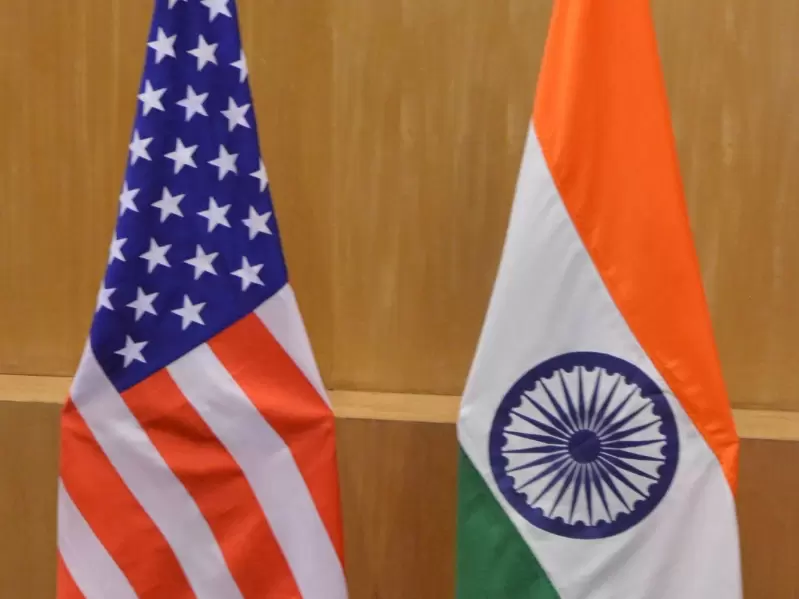

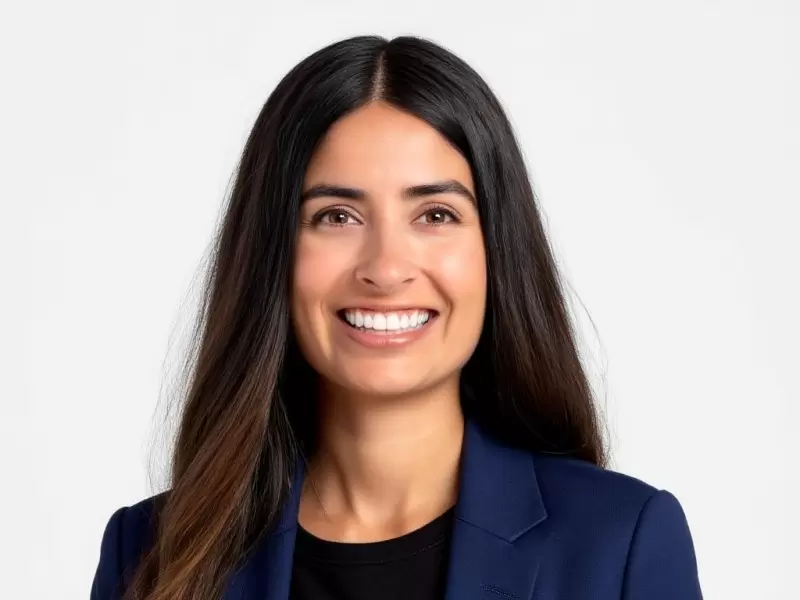
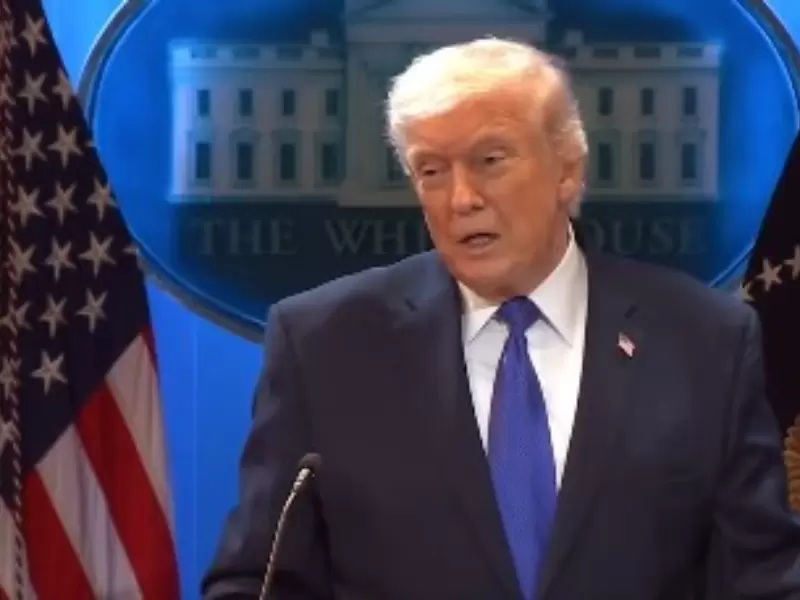

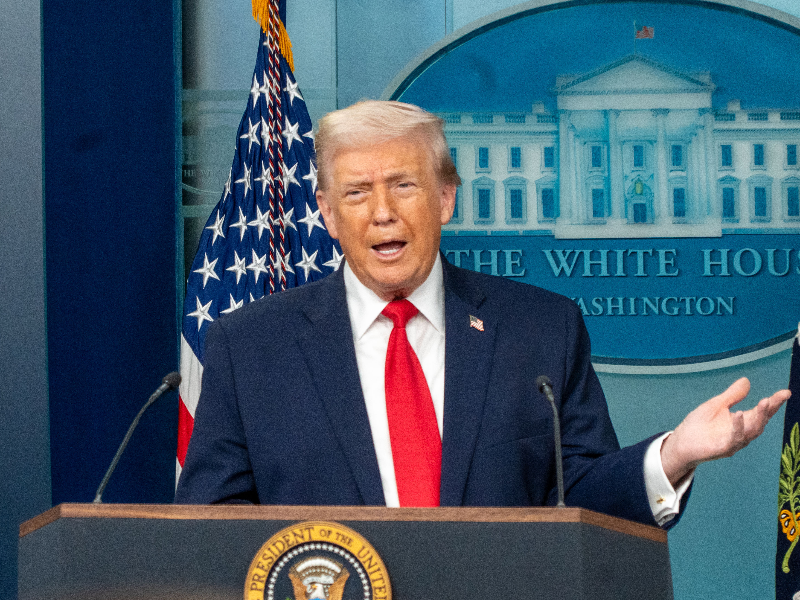


Comments
Start the conversation
Become a member of New India Abroad to start commenting.
Sign Up Now
Already have an account? Login